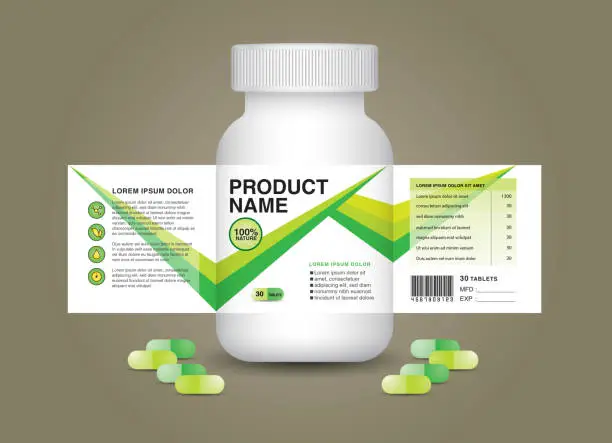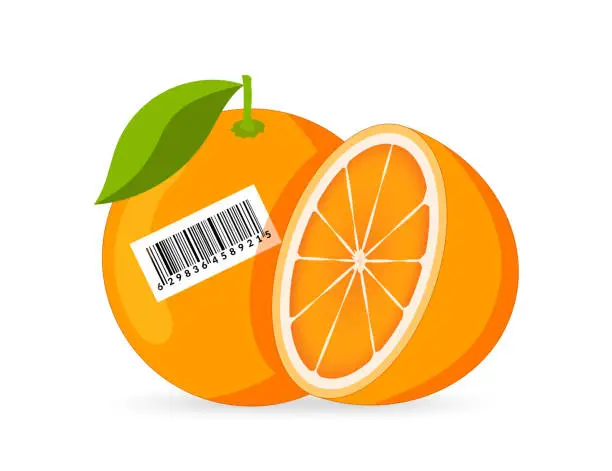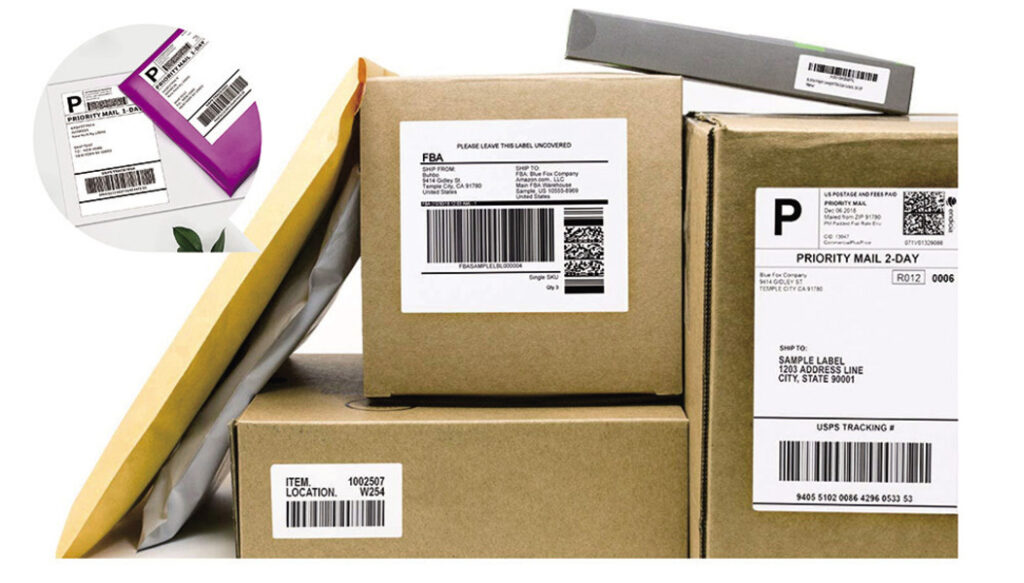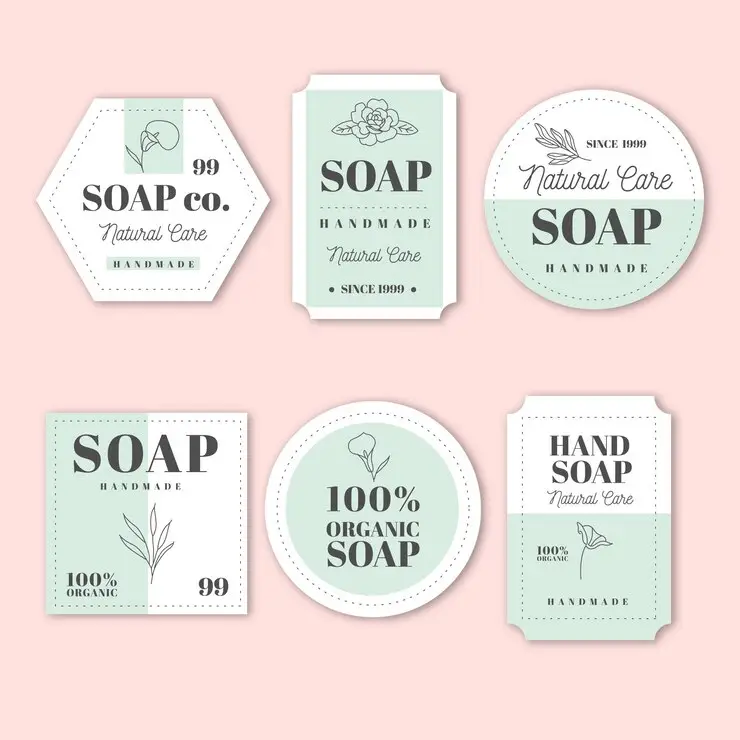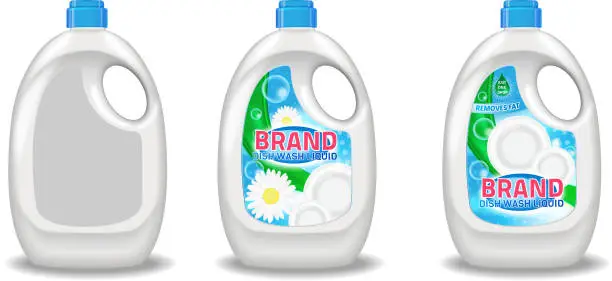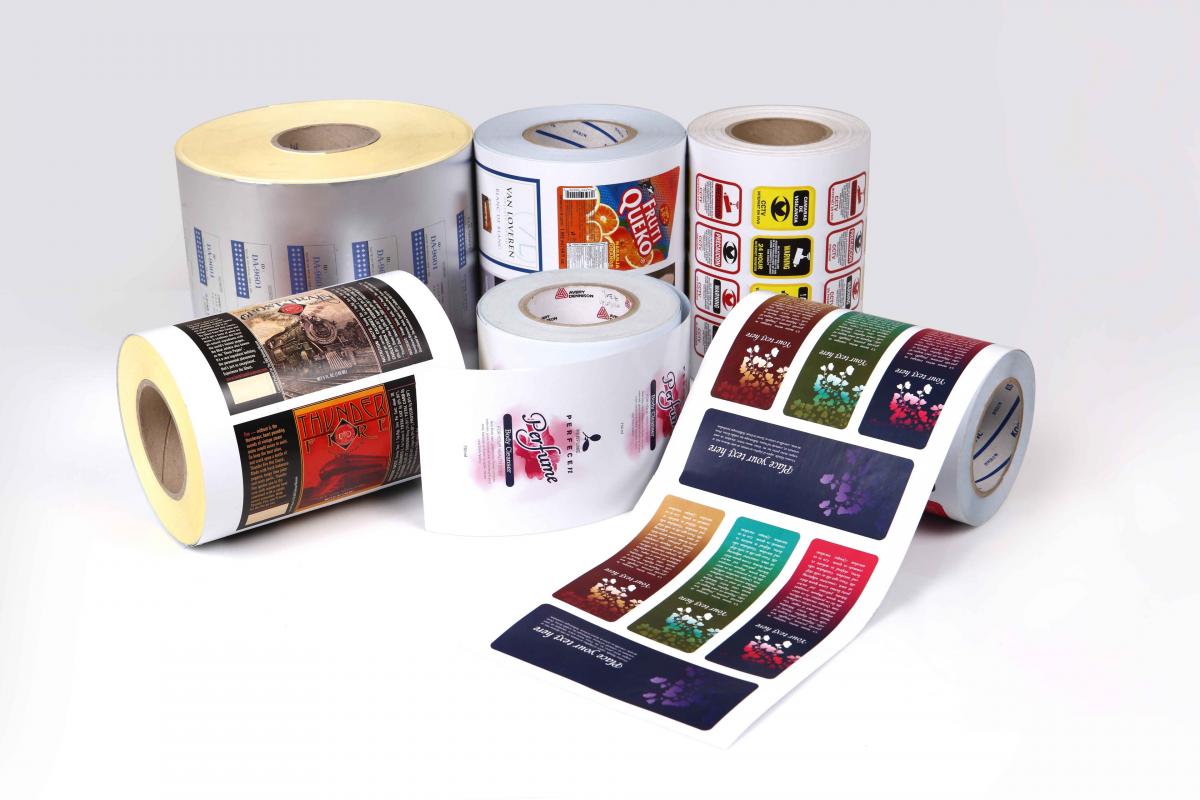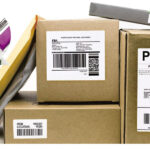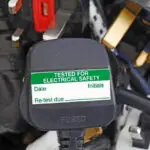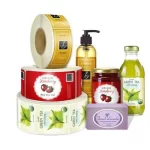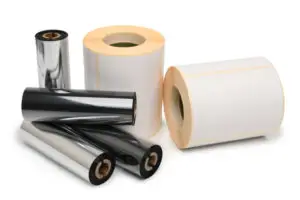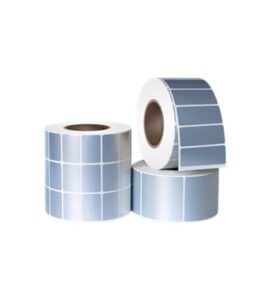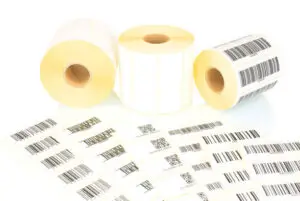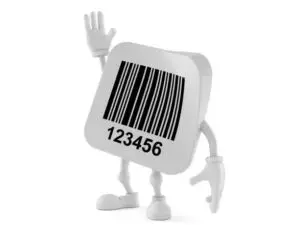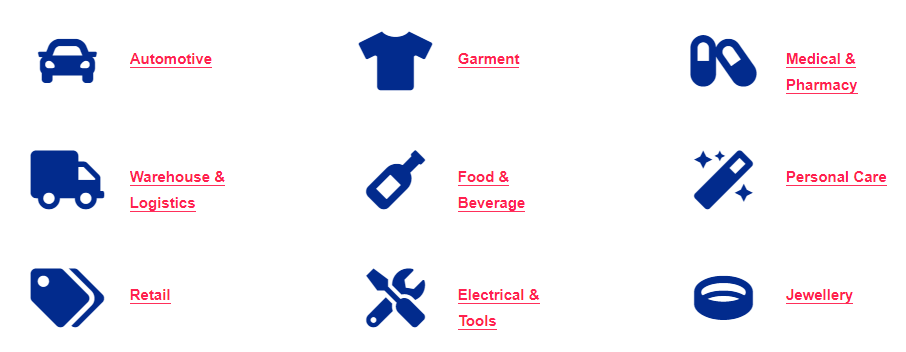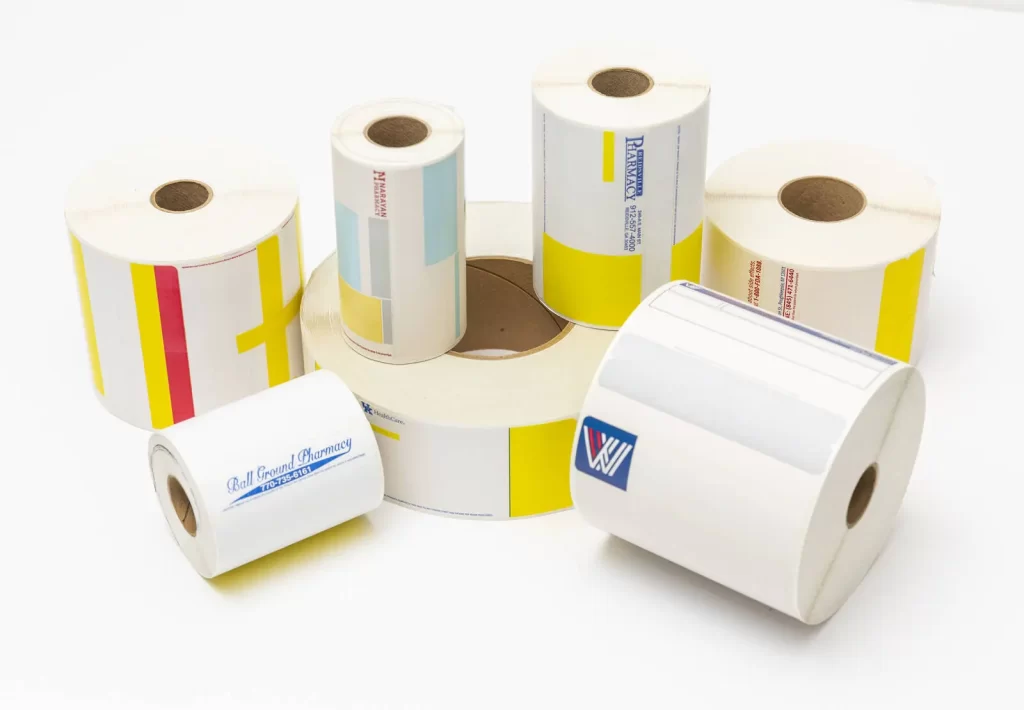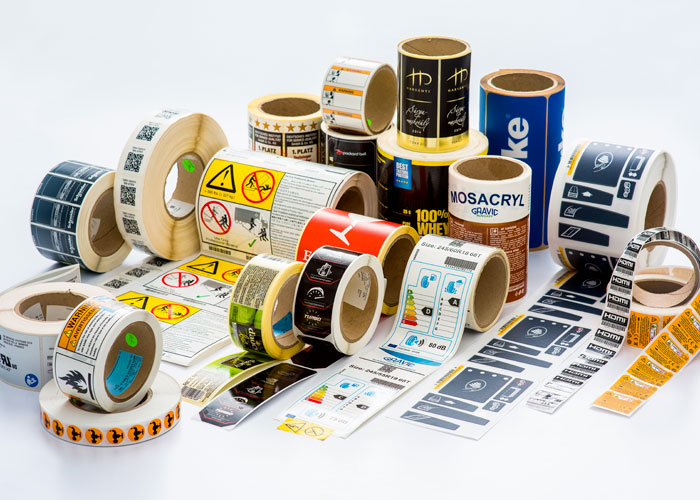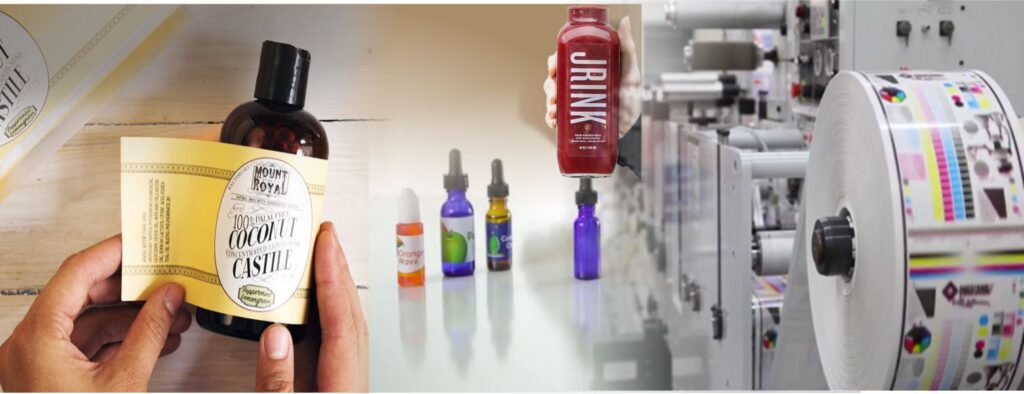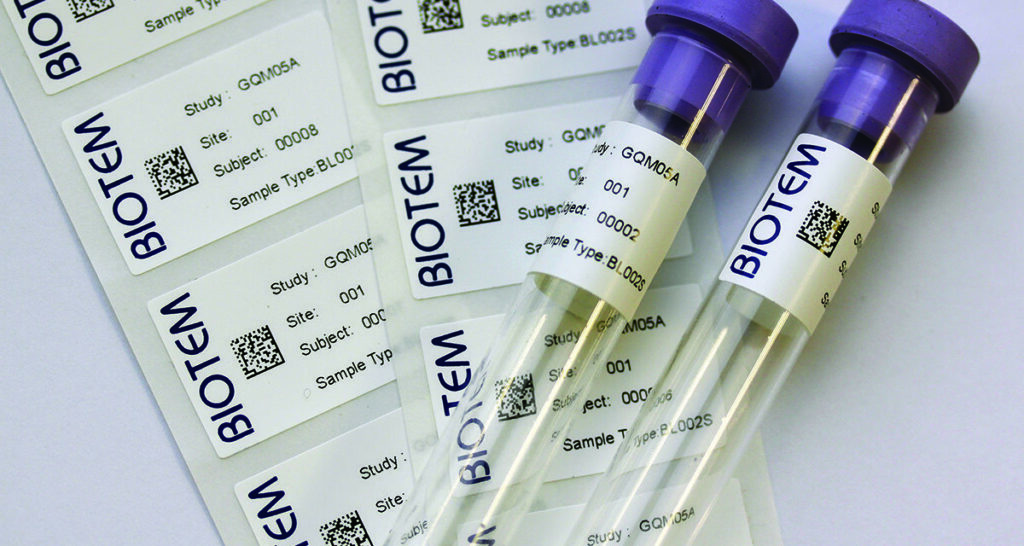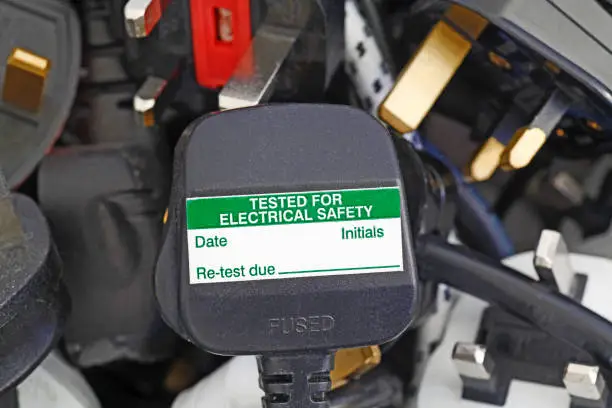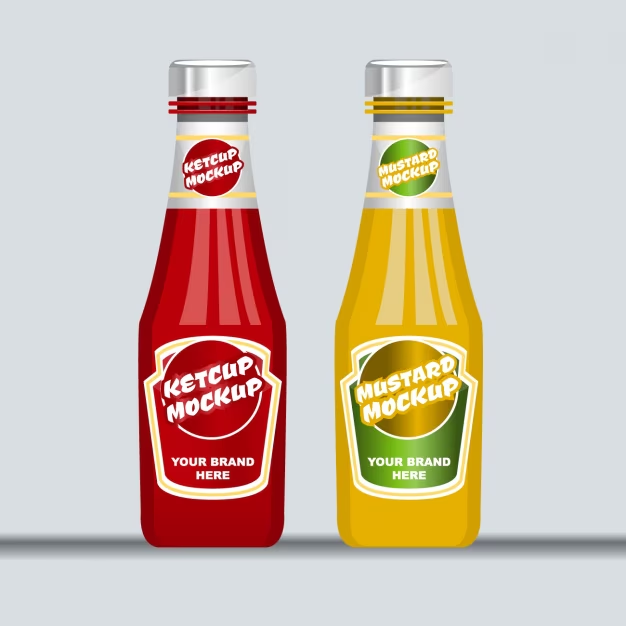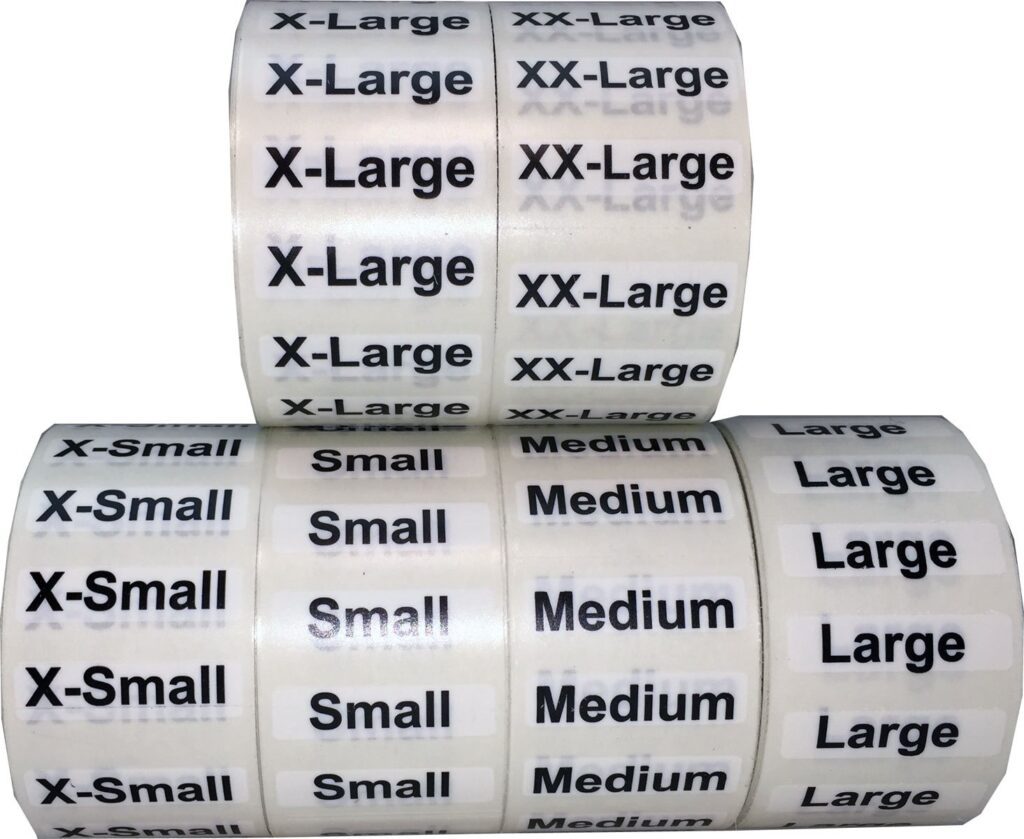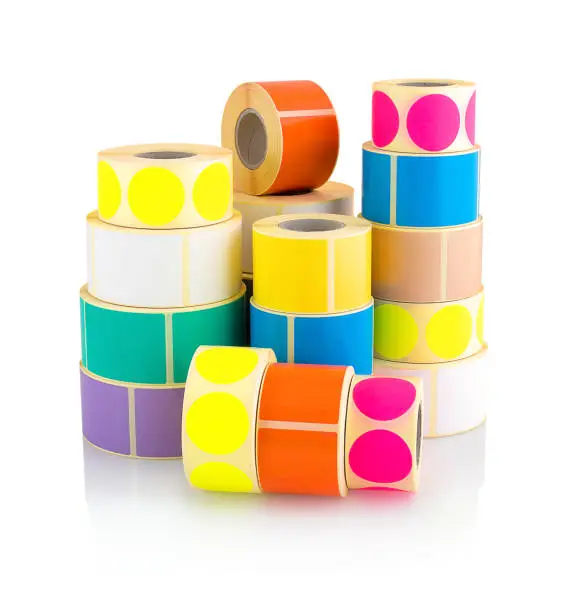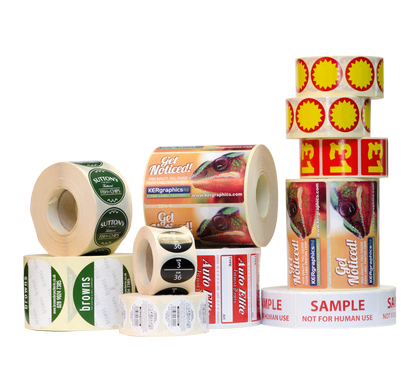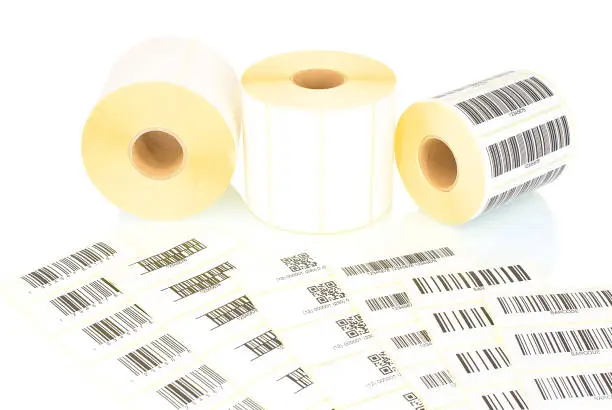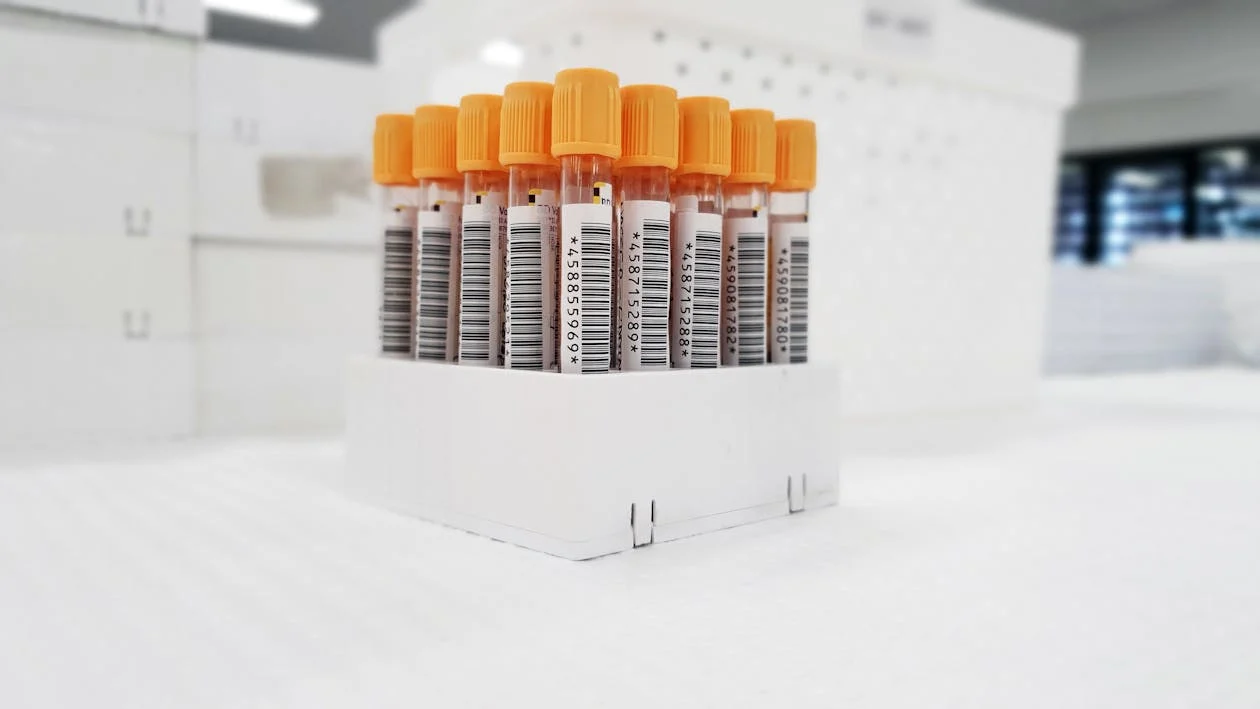Pharma Labels in Gurgaon

Introduction to pharma labels
In the pharmaceutical industry, labeling is not just a matter of compliance; it’s a critical aspect of patient safety, brand identity, and regulatory adherence. Selecting the right Pharma Labels in Gurgaon can make a significant difference in the efficiency of your production line and the reliability of your product labeling. This guide explores the essential factors to consider when choosing a pharmaceutical label manufacturer and how to ensure you partner with a company that meets your specific needs.
Why Pharma Labels Matter
Pharmaceutical labels play a crucial role in conveying essential information to consumers and healthcare professionals. They must include:
- Drug Information: Active ingredients, dosage instructions, and expiration dates.
- Compliance Information: Regulatory and safety information mandated by agencies like the FDA or EMA.
- Brand Identity: Logos, colors, and design elements that reflect your brand.
- Security Features: Tamper-evident seals and anti-counterfeiting measures.
Key Factors to Consider When Choosing a Pharmaceutical Label Manufacturer
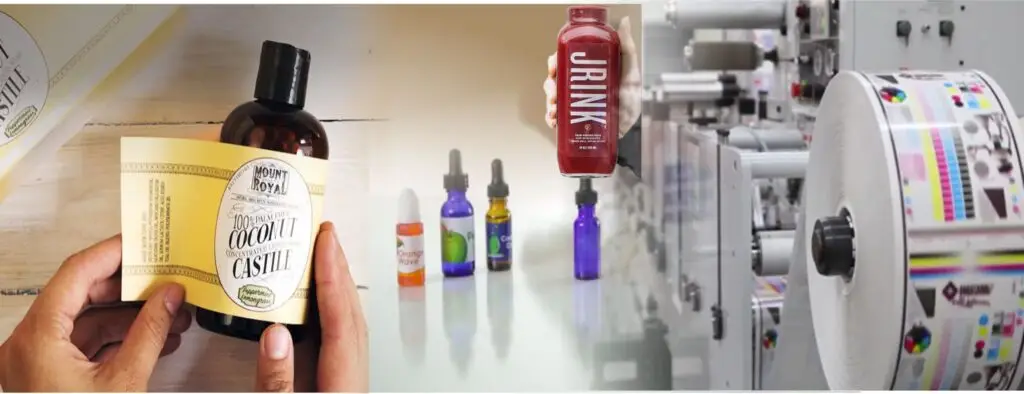
1. Regulatory Compliance
Pharmaceutical labels must adhere to stringent regulations set by health authorities. Ensure that your label manufacturer is well-versed in these requirements and can produce labels that comply with:
- FDA Regulations: For the United States market, including the Drug Approval Package, 21 CFR Part 201.
- EMA Standards: For European markets, including requirements set out in the European Medicines Agency guidelines.
- Global Standards: Compliance with International Conference on Harmonisation (ICH) guidelines.
2. Quality and Reliability
Label quality directly impacts the safety and efficacy of your pharmaceutical products. Look for manufacturers who use:
- High-Quality Materials: Durable adhesives, high-resolution printing, and scratch-resistant finishes.
- Advanced Technology: State-of-the-art printing presses and quality control systems to ensure consistency and accuracy.
- Experience and Reputation: A track record of reliability and positive reviews from other pharmaceutical companies.
3. Customization Capabilities
Your pharmaceutical labels should reflect your brand’s identity while meeting regulatory requirements. Choose a manufacturer who offers:
- Custom Design Services: Ability to work with your design team or provide design services.
- Variety of Materials: Options for different types of label materials, including paper, film, and specialty materials.
- Variable Data Printing: Capabilities to include unique information on each label, such as batch numbers and expiration dates.
4. Scalability and Flexibility
As your business grows, so will your labeling needs. Opt for a manufacturer who can scale with your production requirements and adapt to changes:
- Production Capacity: Ability to handle both small and large print runs.
- Lead Times: Quick turnaround times and flexibility in production scheduling.
- Support for New Projects: Willingness to accommodate new product lines and packaging changes.
5. Cost and Value
While cost is an important factor, it should not compromise quality. Consider:
- Competitive Pricing: Get quotes from multiple manufacturers to ensure you are getting a fair price.
- Value-Added Services: Look for additional services such as inventory management, logistics support, and regulatory consulting.
Top Pharmaceutical Label Manufacturers to Consider
Here are some Pharma Labels in Gurgaon qualities known for their expertise:
- Specializes in FDA-compliant labels and offers a wide range of customization options.
- Known for its advanced printing technology and quick turnaround times.
- Provides comprehensive regulatory support and has a strong reputation for reliability.
How to Evaluate Potential Manufacturers
- Request Samples: Evaluate the quality and durability of labels by requesting samples.
- Check Certifications: Ensure they hold relevant certifications such as ISO 9001 for quality management.
- Visit Their Facility: If possible, visit their production facility to see their operations firsthand.
Conclusion
Choosing the right Pharma Labels in Gurgaon is a crucial decision that can impact your product’s success and compliance. By focusing on regulatory compliance, quality, customization, scalability, and cost, you can find a manufacturer that meets your needs and supports your business goals. Invest time in selecting a reputable partner, and your pharmaceutical labeling process will be smoother and more efficient.
